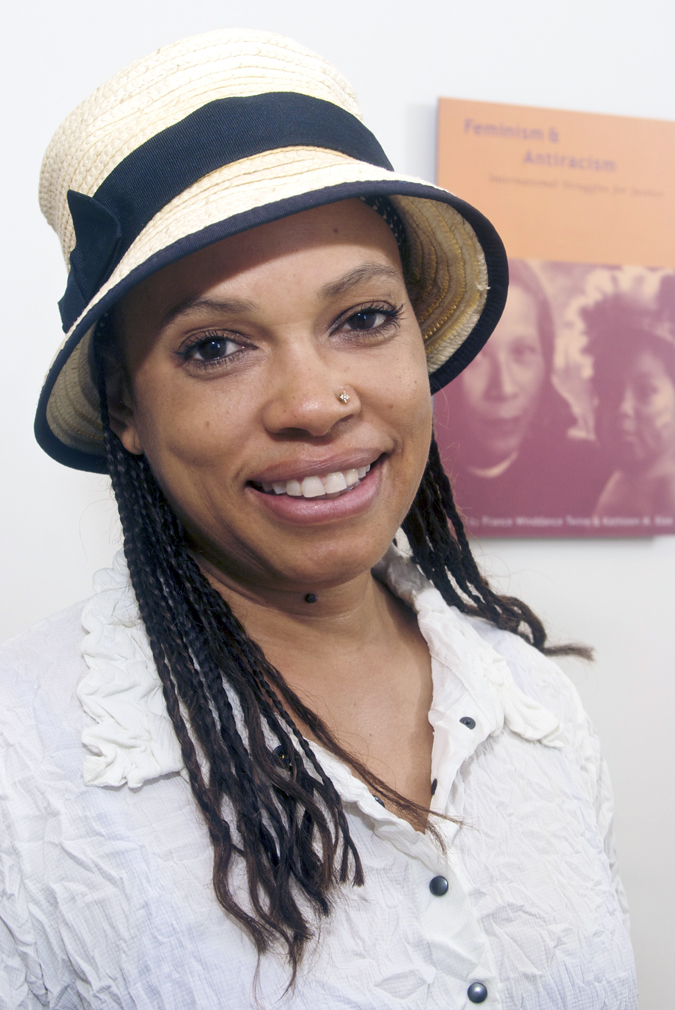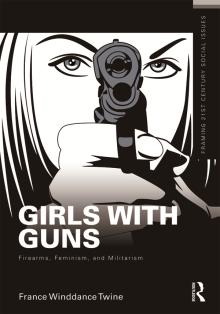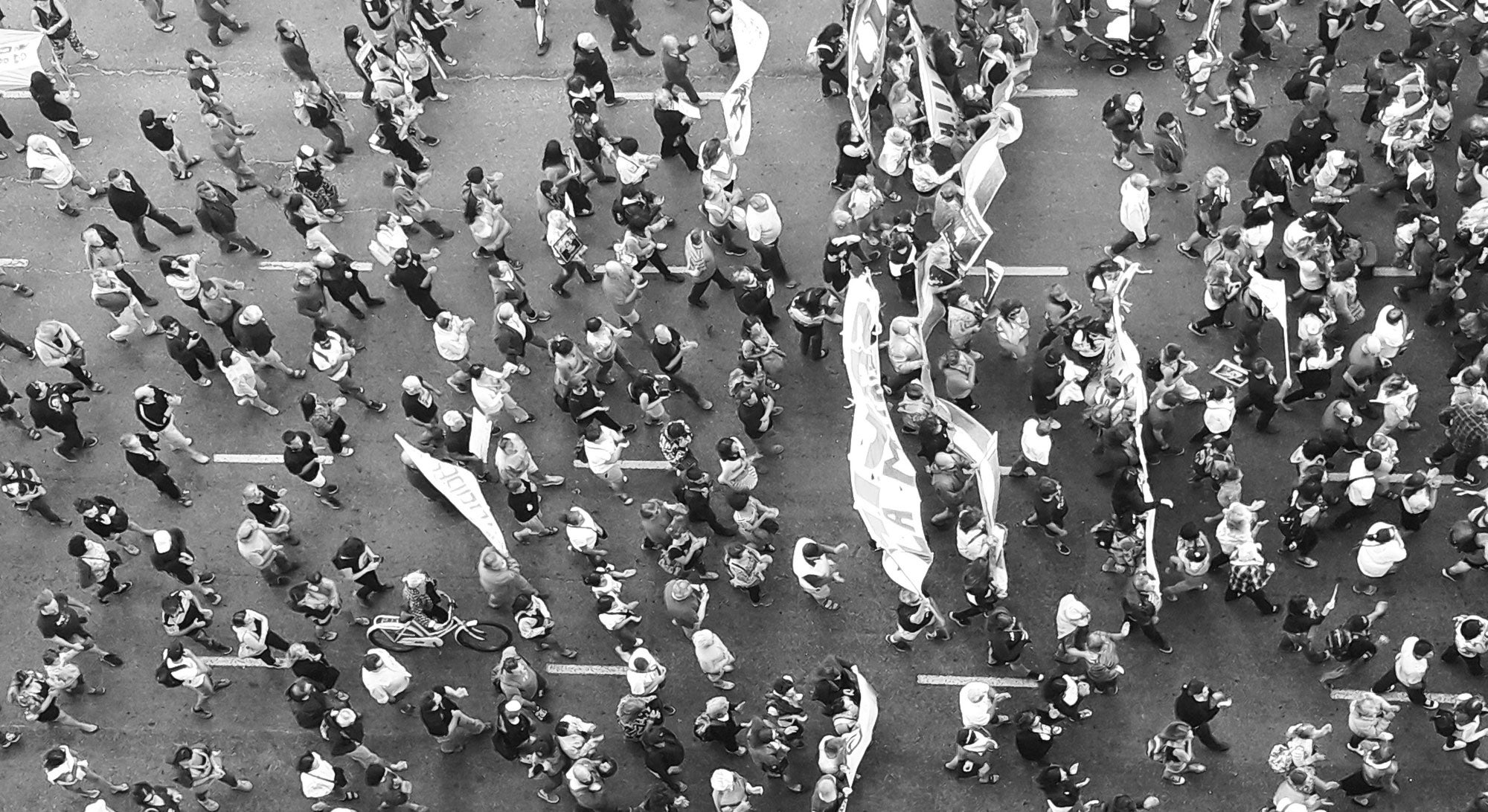

Annie Oakley, Bonnie Parker, Sarah Palin –– all women, all famous, and all enamored of their firearms. With others, such as Kayla Williams, a former intelligence specialist in the United States Army, they comprise a growing community of female gun owners. What is it, however, that distinguishes women who use firearms for recreation from those who purchase them for protection, and those who use them professionally, as in the military and law enforcement?
In her book "Girls With Guns –– Firearms, Feminism, and Militarism" (Routledge, 2013), France Winddance Twine, a professor of sociology at UC Santa Barbara, addresses that question, studying women as gun owners, and the different sensibilities they have regarding their handguns and rifles. "I wanted to begin a conversation about the wide range of experiences women have with guns –– specifically, women whose relationships with them begin in childhood versus those whose relationships begin with employment. I don't see that discussion occurring."
In "Girls With Guns," Twine offers a much-needed comparative analysis of the dilemmas that gender and class inequality, nationalism, and race and racism generate for women of diverse backgrounds –– particularly those who struggle to balance conventional gender roles, femininity, and gendered violence in the United States.
Twine opens with a look at Annie Oakley, the sharpshooter and star of Buffalo Bill Cody's Wild West Shows. Although Oakley regularly outperformed her male competition, Twine contends that her success was widely accepted because she conformed to Victorian gender roles and never challenged gender inequality. "She never smoked, drank, or used profanity, she always wore a dress on stage, and she completely distanced herself from women who were fighting for gender equality," Twine said. "That was central to her being able to beat men in a sport that was dominated by men."
Oakley, she added, was a girl with a gun who had no interest in political change, but was simply earning a living. "That's probably true for a lot of women in the armed services," Twine continued. "They aren't radical –– they aren't trying to change anything. They're just trying to earn a living and support their families."
Oakley also represents a period in history when guns were commonplace and present in practically every white household. "It's important to start with the Victorian period because it enables us to see how attitudes have changed," Twine noted. "Guns were not viewed as dangerous. Children were exposed to them. There was an entirely different sensibility, and they had an entirely different purpose."
From Oakley, Twine moves on to a discussion of Bonnie Parker, of Bonnie and Clyde bank-robbing fame. Parker, she said, was a woman operating in a male-dominated world –– not unlike the military, in which men make the rules. "As a gender outlaw who was engaged in what was considered organized crime, Parker had an entirely different relationship with guns," said Twine. She violated gender conventions by carrying weapons, but, like Oakley, gun moll Parker still operated within certain gender norms. She dressed fashionably and had enormous sex appeal.
"Bringing in women like Bonnie Parker provides a historical perspective," said Twine. "This was a period when there were working class white women who had access to guns, but guns weren't being mass marketed to ‘respectable' women. This shows once again that it's who has the gun, how they're using it, and how the public views them. It's really important to look at the issue of guns within historical as well as national contexts."
According to Twine, guns are polysemic –– their meanings change, depending on the context in which they are used –– and that quality makes the national debate about gun control and regulation a complex one. "I've seen regional differences in how people relate to guns," she said. "People with different experiences are having difficulty talking to each other. I wanted to create one analytical frame that brings together people who use guns professionally and are authorized to use violence on behalf of the state –– women who use them for self-defense or recreation, and heritage hunters, like Sarah Palin, who grew up with them."
Twine is also the author of "Geographies of Privilege" (Routledge, 2013); "Outsourcing the Womb: Race, Class and Gestational Surrogacy in a Global Market" (Routledge, 2011); and "A White Side of Black Britain: Interracial Intimacy and Racial Literacy" (Duke University Press, 2010).
Related Links



